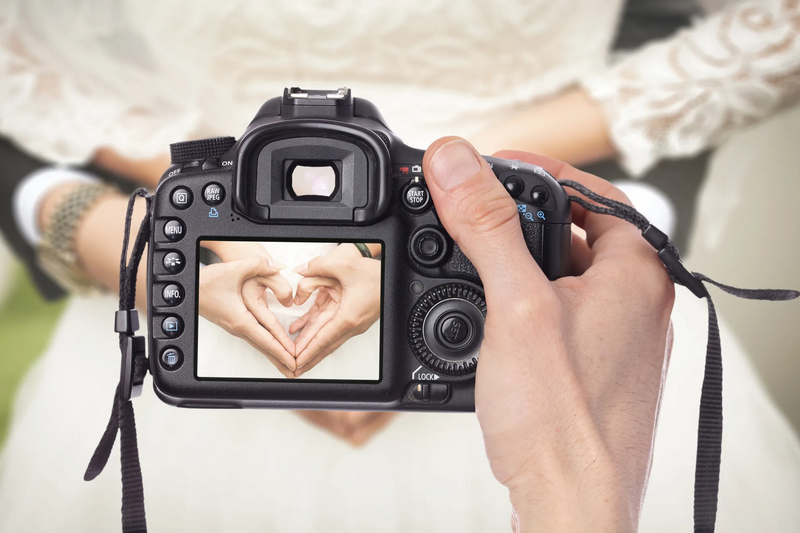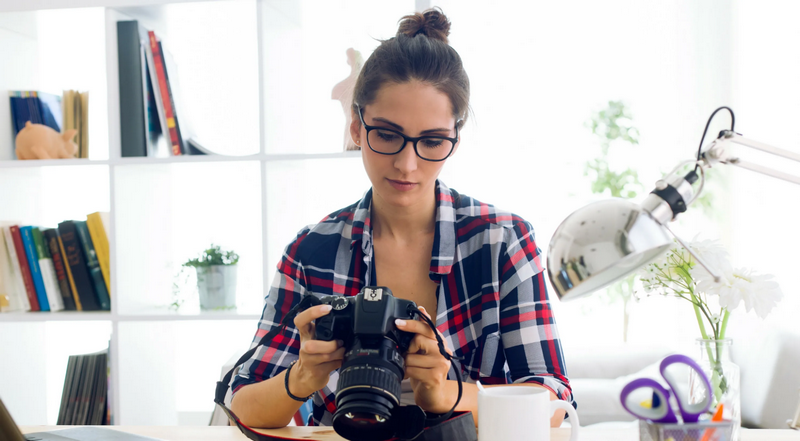Starting your own photography business can be both exciting and daunting. To ensure your venture is successful, you need to be equipped with certain essentials that will help you navigate the competitive field of professional photography. This article explores the key elements you need to focus on to transform your passion into a profitable business.
Quality equipment
The backbone of any photography business is undoubtedly the equipment. While you don’t necessarily need to start with the most expensive gear, investing in quality cameras, lenses, and accessories can make a significant difference in your work.
Your primary camera should be a professional grade DSLR or mirrorless camera. It should have good low-light performance, high resolution, and reliable autofocus. Equally important are the lenses, as they dictate the clarity and sharpness of your images.
Essential accessories include:
- Tripods for stable shots
- External flashes for better lighting
- Memory cards with high storage capacity
- Camera bags to protect your gear
Business plan
Just like any other business, a photography venture requires a solid business plan. This will serve as your roadmap, guiding you through the growth stages of your business. Your business plan should include:
- Market analysis to understand your competitors and target audience
- Marketing and promotional strategies
- Budget and financial projections
- Service offerings and pricing strategy
A well-thought-out business plan can help you secure funding and manage your financials effectively.

Building an impressive portfolio
Your portfolio is essentially your visual resume. It showcases your best work and convinces potential clients of your capabilities. Therefore, it’s crucial to curate a diverse portfolio that highlights your expertise in different photography styles.
Start by conducting free shoots or collaborating with models to build your portfolio. Ensure it represents your unique style and versatility. Display your portfolio on a professionally designed website and share it on your social media platforms for maximum exposure.
Marketing and networking
In today’s digital age, marketing and networking are indispensable for business success. Having an online presence through a website, blog, and social media accounts can attract clients and establish your brand.
Leverage platforms like Instagram, Facebook, and LinkedIn to showcase your work and engage with potential clients. Regularly update your content and interact with followers to build a robust online community. Additionally, join local photography groups and attend industry events to network with other professionals and potential clients.
Legal and financial organization
To run a legitimate photography business, you need to take care of the legal and financial aspects. First, register your business and obtain any necessary licenses and permits. Operating without the necessary documentation can lead to fines and penalties.
Second, keep your finances in order by setting up a separate business bank account. Maintain detailed records of all transactions for tax purposes and future reference. It might also be beneficial to consult with a legal advisor to draft contracts for your clients, ensuring that your interests are protected.

Conclusion
Starting a photography business requires more than just an eye for capturing stunning images. By investing in quality equipment, formulating a comprehensive business plan, building a compelling portfolio, engaging in consistent marketing and networking, and organizing your legal and financial matters, you’ll be well on your way to building a successful photography business.
FAQs
How much should I invest in my initial photography equipment?
Your initial investment in photography equipment can vary widely depending on your niche and desired quality. Typically, a starting budget of $3,000 to $5,000 for a camera, lenses, and basic accessories is reasonable.
Do I need to take photography courses before starting my business?
While formal education isn’t mandatory, taking photography courses can enhance your skills and knowledge. Many online and in-person courses are available that cover everything from basics to advanced techniques.
How can I attract my first clients?
Initially, consider offering discounted or free shoots to build your portfolio and gain testimonials. Networking, social media promotions, and word-of-mouth referrals are also effective ways to attract your first clients.
What are some common legal considerations for a photography business?
Common legal considerations include business registration, obtaining necessary licenses and permits, drafting client contracts, and protecting your intellectual property through copyrights and trademarks.
How can I keep my photography business financially organized?
Keep your business financially organized by setting up a separate business bank account, using accounting software, maintaining detailed records of all transactions, and consulting with a financial advisor if needed.


